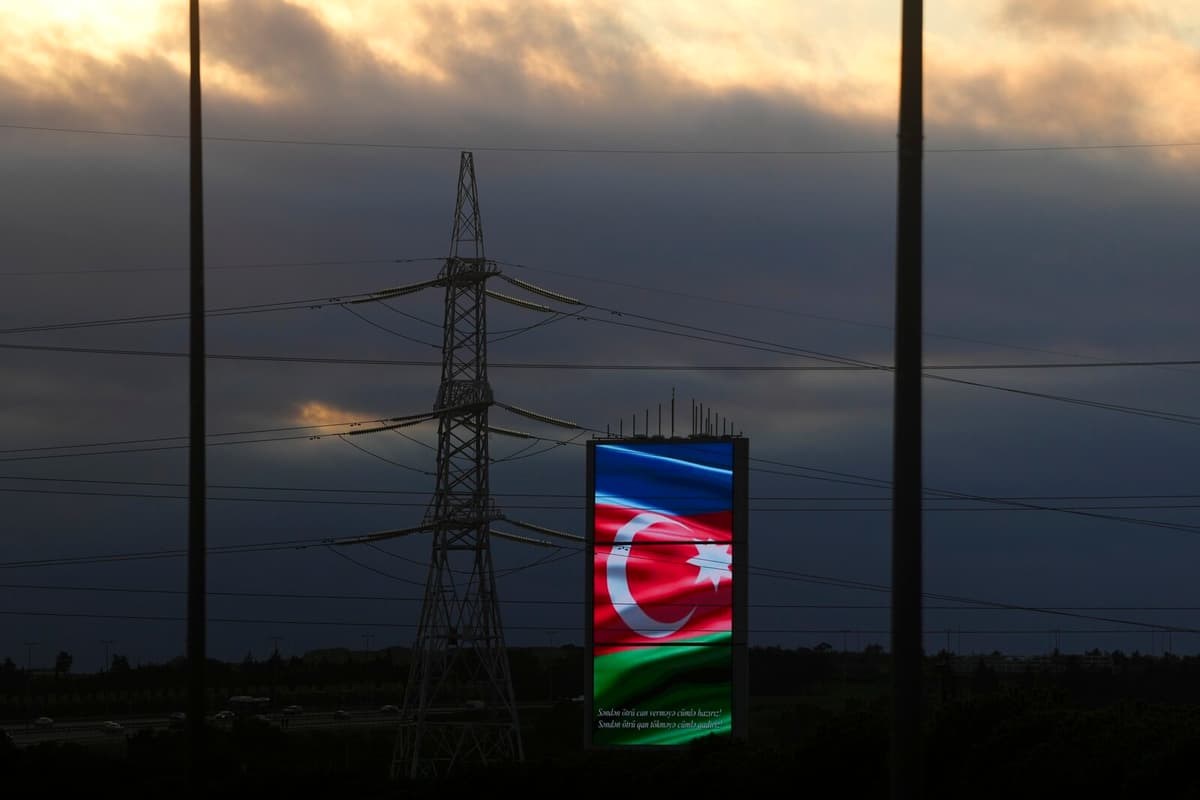Around 1,700 lobbyists with ties to oil, coal, and natural gas companies are present at the UN climate conference COP29 in Baku, Azerbaijan, according to a review by a coalition of non-governmental organizations.
Proportionally, it's extremely many. And it's very worrying, says Francesca Colli, lecturer at Maastricht University in the Netherlands, who has studied lobbying in climate policy.
Christina Toenshoff, lecturer at Leiden University, also in the Netherlands, who has studied how interest groups influence climate policy, agrees.
Historically – and probably still – they are against the most effective solutions. And even though it may be important to have everyone around the table, their presence is overwhelming compared to the most threatened nations, she says.
Money is power in this context.
You can lure with potentially lucrative oil and gas deals to make it more attractive for governments to listen to you, says Toenshoff.
Privileged access
One reason why the fossil lobby has been so present in Baku and in Dubai last year is that oil nations have hosted the events.
At least during the last three COPs, the host country has accepted sponsorships where you can financially sponsor the conference in exchange for privileged access to the negotiators. It gave you in principle access to the rooms where the negotiations take place, says Toenshoff.
In some cases, oil representatives have even been part of countries' official negotiating delegations. The energy company Shell has, for example, previously participated in Brazil's and Nigeria's delegations. Even this year, there are similar examples.
Removing words
What do they want to do then? It's about slowing down the phase-out of fossil fuels, toning down ambitions, and getting in or removing sensitive words in the final documents.
Francesca Colli says that the lobbying had an effect at last year's meeting, when countries failed to agree on "phasing out" fossil fuels, compared to "phasing down".
It can be seen as small and symbolic. But it's simultaneously a powerful symbol.
Colli emphasizes that lobbying in itself is not a problem, but an important part of a democratic process. One could argue that the oil industry is needed in the transition.
But an important difference with these industries is that it's an existential issue. For if we are to act as researchers say we must, they can no longer exist in their current form, she says.






